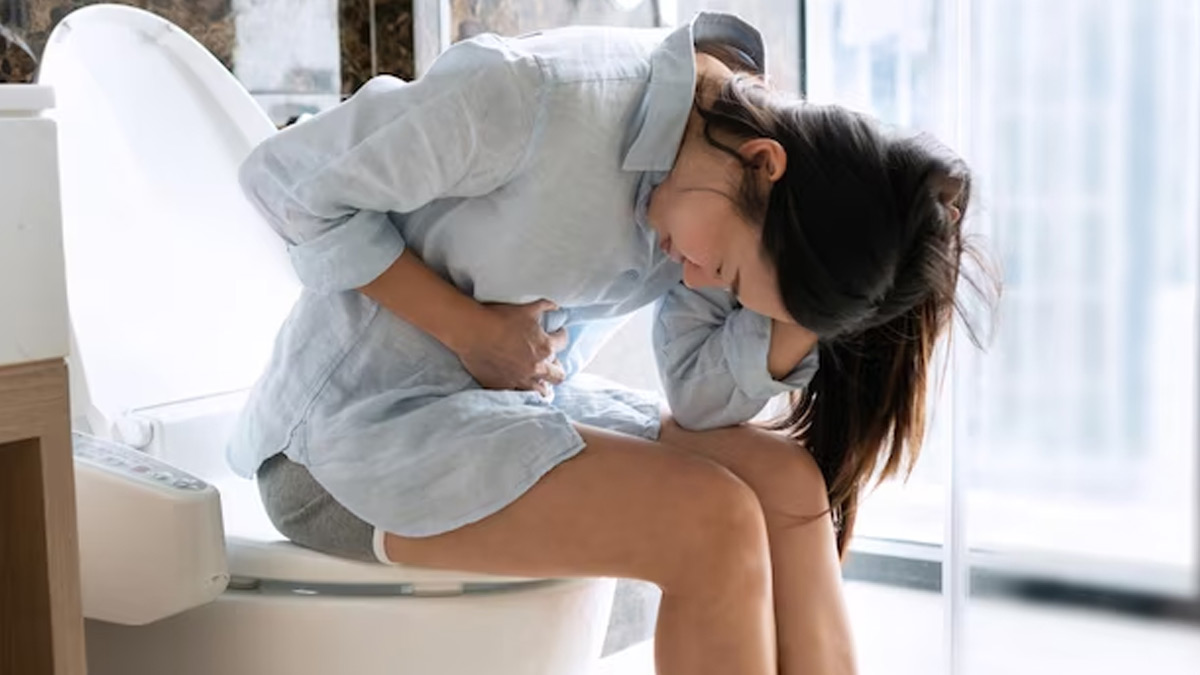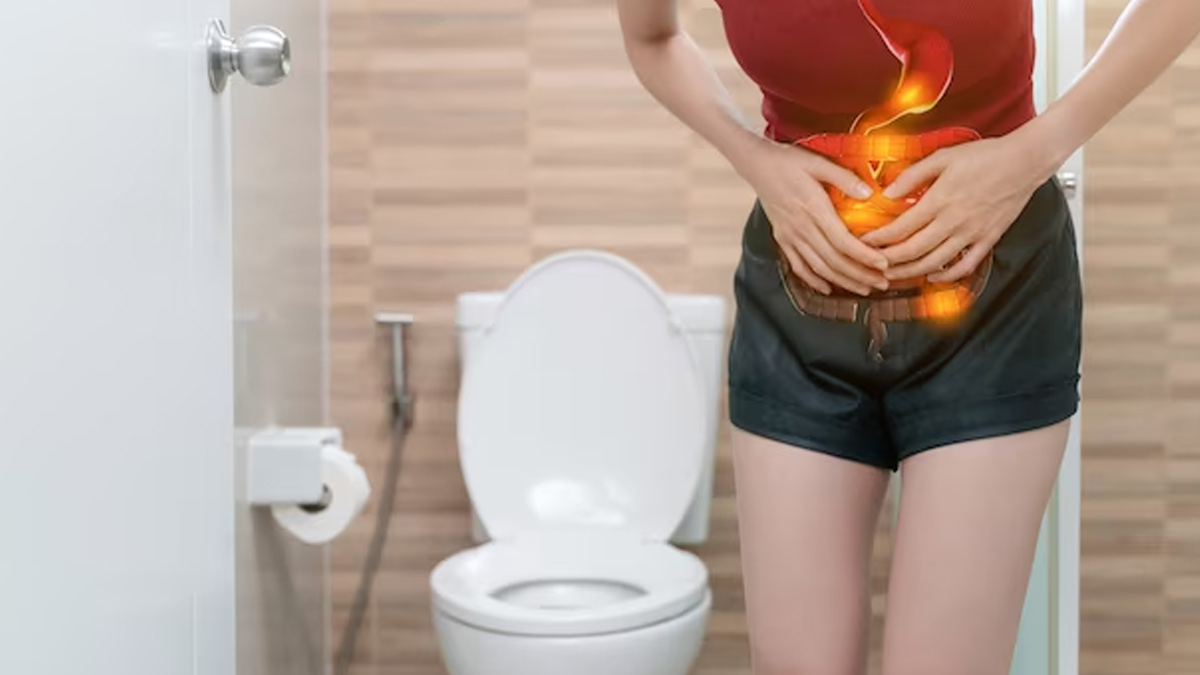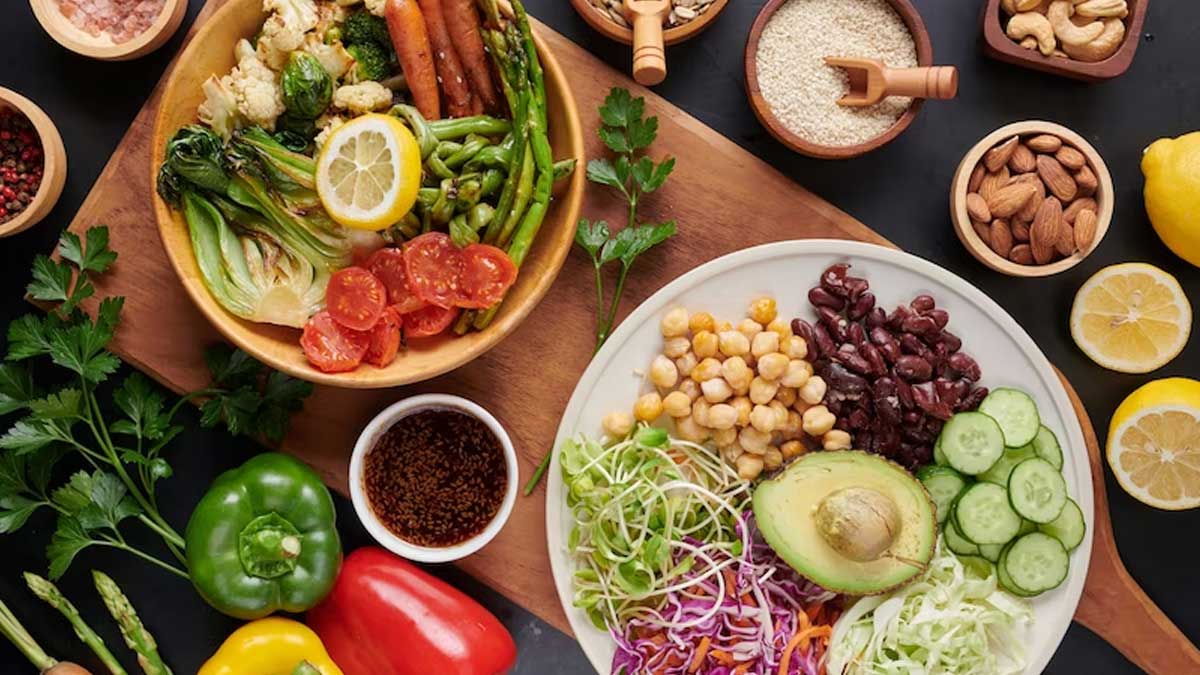
For many people, menstruation brings about a range of physical and emotional changes. While mood swings, cramps, and bloating are well-known symptoms, there's another aspect of menstruation that often goes unspoken; period poop. Yes, you read that right. Changes in bowel movements during menstruation are a common occurrence for some individuals, leading to either diarrhoea or constipation.
Table of Content:-
Dr Niti Kautish, MBBS, DGO, DNB, MNAMS, FAMS, FICOG, Director Obstetrics and Gynaecology, Fortis, Faridabad, explained the changes in bowel movements during menstruation.
According to a study published by BMC Women Health, in healthy women using oral contraceptives, bowel habits seem to vary throughout the menstrual cycle and suggest higher gastrointestinal pain on the first day of monthly bleeding.
What Is Period Poop?

People who have periods have probably observed that during their period or menstrual cycle, their bowel movements (period poop), may differ from what they consider to be normal. Some experience constipation or diarrhoea, while others may experience pain. It could have a different consistency or smell from times outside of your menstrual cycle. During the premenstrual phase, many notice a change in their bowel habits.
Also Read: Severe Pain During Menstruation? Expert Explains Dysmenorrhoea, Types, Risk Factors, And Treatment
Why Do I Poop So Much During Menstruation?

Dr Kautish said, “Your hormones, including oestrogen, progesterone, and prostaglandins, fluctuate during and around your menstrual cycle. When you are not pregnant, prostaglandins cause uterine muscles to contract, which helps you eliminate excess endometrial tissue. Unfortunately, they may also be a part of the excruciating cramps that come with menstruation cycles.”
Prostaglandins can also affect your Gastrointestinal (GI) tract by causing your gut muscles to contract. The pain and diarrhoea that are frequently linked with period poop may also be caused by these hormones, which may even impair your ability to transport fluid from the GI contents.
Why Does Pooping During My Period Hurt?

Not everyone experiences an increase in washroom activity while on their period. Women who experience irregular bowel movements are more likely to develop constipation, which can cause pain when straining to poop. This condition arises due to prostaglandins. Dr Kautish added, “When you are ovulating, high amounts of progesterone might make food move through your system more slowly, leading to constipation.”
Also Read: Menstruation While Travelling? Expert Lists Ways To Take Care Of Menstrual Hygiene
Tips For Regular Bowel Movements During Menstruation

- Avoid heavy and fatty foods that can cause constipation. Try to incorporate more fibre and veggies into your diet, especially if you have constipation.
- Drinking plenty of water can help soften stools and ease both diarrhoea and constipation.
- Engaging in light physical activity, even if it's just a short walk, can help stimulate bowel movements and promote regularity.
- Stress can exacerbate digestive issues. Incorporate relaxation techniques like deep breathing, meditation, or yoga to help reduce stress levels.
- Keeping a menstrual and symptom diary can help identify patterns and understand how your bowel movements may be affected during different phases of your cycle. This information can be valuable when discussing your symptoms with a healthcare provider.
When To See A Doctor
Dr Kautish said, “Pain, cramping, and other symptoms are unfortunately normal parts of having a period. But if your pain is so severe that you can’t control it with over-the-counter pain medication, it’s time to see your healthcare provider. This can be a symptom of something more serious, like endometriosis.” Also, you should consult a doctor if your bowel movements don't return to normal following your menstrual cycle.
Disclaimer
This article contains information provided by the expert and is for informational purposes only. Hence, it is recommended that you consult with your expert for a diagnosis based on your body type and medical history.
Also watch this video
How we keep this article up to date:
We work with experts and keep a close eye on the latest in health and wellness. Whenever there is a new research or helpful information, we update our articles with accurate and useful advice.
Current Version